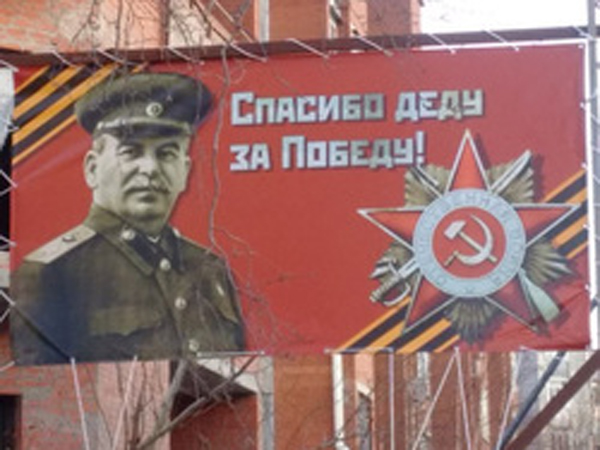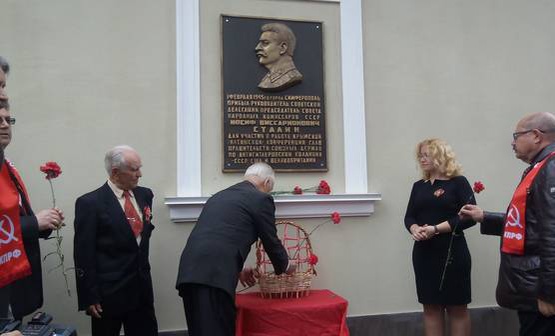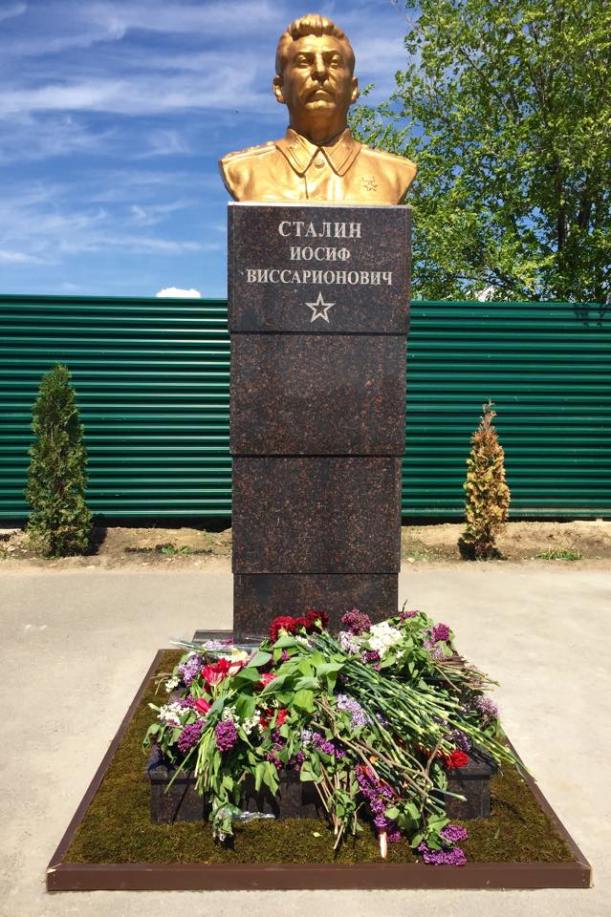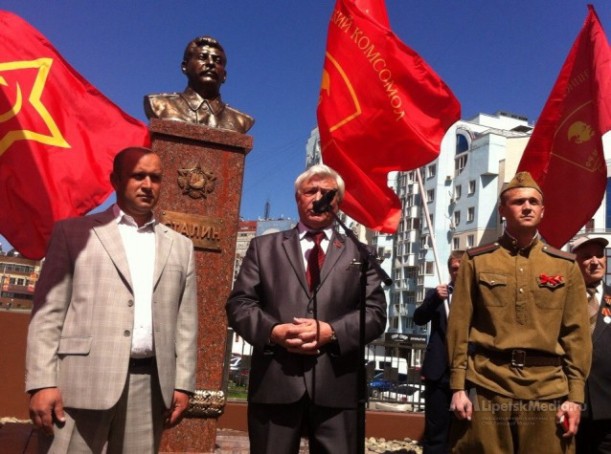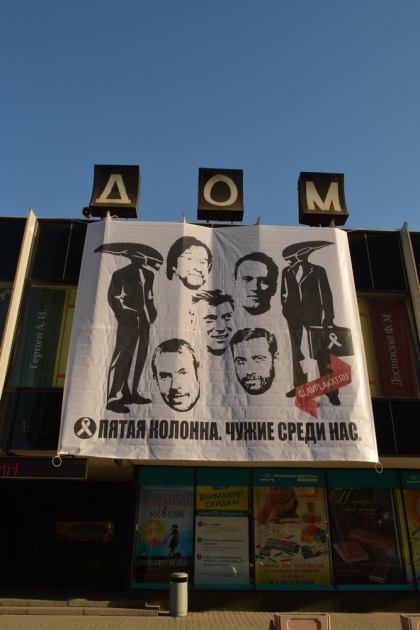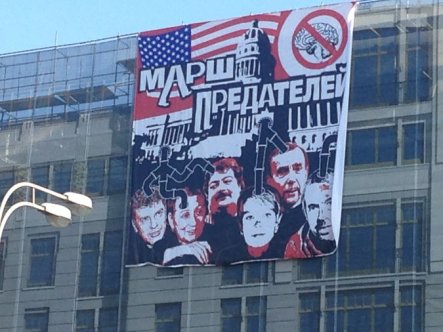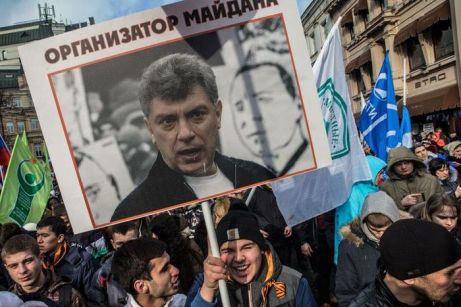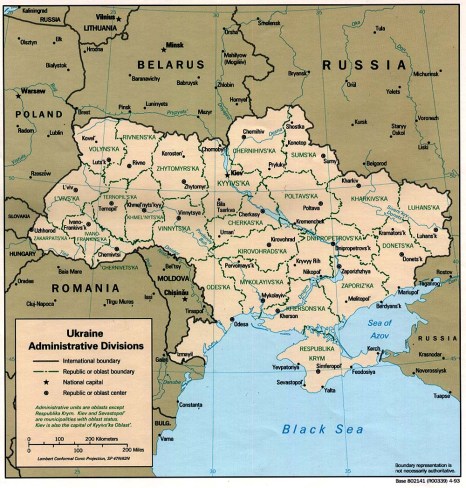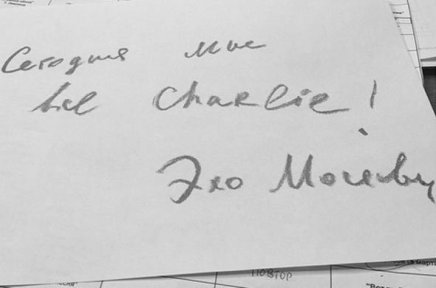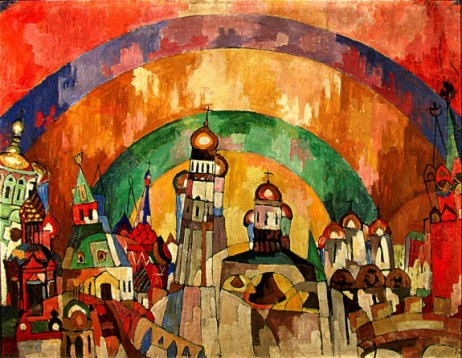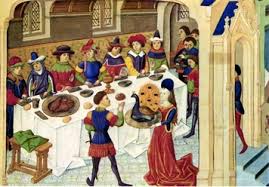
Svetlana Svetlichnaya, Soviet and Russian movie star, on vacationing in Europe (November 30): “Of course, people who can speak at least English or, better still, several languages, feel more comfortable in Europe. So I prefer to spend my vacation in Russia, even in Moscow. I especially like the new pedestrian streets. Our capital is becoming prettier and cleaner day by day. In this regard, French resorts are not so appealing compared to Russian cities. Cities in the south of France have dirty streets. I was also unpleasantly surprised by the abundance of Arabs and dark-skinned people. No, I’m not racially prejudiced; for instance, I have the same attitude towards the “new Russians” who behave impudently when they’re abroad. But when you are in France, first of all you expect to see native French people. It would be more interesting for me to communicate with Arabs and Negroes in Africa, in their natural habitat.”
Irina Yarovaya, MP, on drug-related deaths (December 1): “The criteria for evaluating [the quality of work] of the governors include a thing called the level of mortality. We believe that it should be specified and that we should introduce an additional indicator: 15-34 years of age. Let’s introduce that indicator, look at the data and understand what is the level of drug-related mortality among young people in a particular subject of the Russian Federation. This must also be among the criteria for [assessing] the effectiveness of the governors’ work. Governors are heads of drug committees in their regions, and they must realize their share of personal responsibility for the number of available beds in specialized medical facilities, as well as for the degree of their interaction with non-profit organizations dedicated to reintegration of drug addicted people, and so on.”
Igor Girkin (Strelkov), former Defense Minister of Donetsk People’s Republic, on the plight of civilians (December 1): “You have to understand that war is war. And one must aim for winning this war. Those who try in advance to adjust to the interests of civilians at the expense of the military interest won’t win. Unfortunately that’s how it goes. People have suffered and will continue to suffer as long as the war continues. The sooner the war ends, the sooner civilian suffering ends.”
Sergey Petrov, MP, on the prospects of democracy in Russia (December 1): “Cynics in power say, “Russia is not ready for democracy.” But I am ready, see? And at least 20 percent of this society are also ready. This is the most important thing there is. Even if you’re right, at first this thinking leads to discomfort, to conflicts with the establishment. If you are one step ahead, then there’s hope that others will follow. But if you’re too far ahead, you risk breaking your neck and being misunderstood. Change is a process. Society can’t bypass a stage in its development. However sad it is to admit that. But the saddest thing is, [we’ll have to] learn from our mistakes and pay a high price for that.”
Yevgeny Fyodorov, MP, on the political spectacle (December 2): “Our whole political system, and the Duma with it, fulfills just one function: to divert public attention [from important issues] by demonstrating this political spectacle. It`s like the American democracy when the power is concentrated in one place but they pretend it`s in another place. And I wouldn`t say that such initiatives discredit our Duma. Because it doesn`t discredit the theatre when [a play] involves clowns instead of kings. Such is the theatre and such is the Duma. Being a Duma member since the first assembly, I realize that it’s a place for actors. They are selected on that principle. What is required of them is their artistic capacity, their ability to speak in public, to act in public. Nobody needs parliamentarians who have a penchant for strategic thinking. Only the people who have made it through the casting enter the political system and then win the elections.”
Mikhail Aleksandrov, expert in military and political studies at the Moscow State Institute for International Relations, on the possibility of a war with the West (December 3): “Of course, NATO has a large army but it’s dispersed, it’s not capable of a consolidated military action; Europe doesn’t have a lot of heavy equipment and ammo, logistics is underdeveloped. Therefore in theory, Russia may easily go all the way to the Balkans, having defeated Bulgaria and Romania. It’s possible to create an alliance with Serbia and defeat Kosovo, Montenegro. In practice, we would create a semi-circle around NATO then. So we have good capacities. Of course, NATO may continue to arm itself, to gather an army. But we won’t be idle, either. We would start a partial mobilization, bring some troops over from the Urals where we have large-scale military reserves. By the way, NATO doesn’t have that – they have destroyed all their reserves. We have 10,000 tanks in the Urals; it would take a few months to make sure they’re in order. We have a mobilization reserve that NATO doesn’t have. They can deploy a one-million army and we can deploy a two-three million army rather quickly. Most likely, tactical nuclear weapons would be used. The Alliance is ahead of us in terms of aviation, so our task would be to destroy their airfields fast. For that, we would have to use tactical nuclear weapons, in particular cruise missiles. We don’t have enough mid-range missiles but we have air and ship-based missiles capable of reaching any place in Europe. After that, it would be a war until exhaustion, like World War One. Electronic systems would be destroyed, and without them NATO’s high-precision weapons can’t be used; and after all, NATO doesn’t have a lot of those weapons. NATO would have to fight using regular weapons, and the West is not good at that.”
Mikhail Krutikhin, oil and gas analyst, on Russia`s gas pipelines (December 4): “Signing a non-binding MoU with the Turks regarding the construction of a sub-sea pipeline with an annual capacity of 63 bn m3 in parallel with the existing Blue Stream pipeline (which is not utilized to full capacity) looks like an attempt to save face as a result of the failure of South Stream. Technically it`s not a problem to build the pipeline given the availability of funding, but the possibility of channelling such a [large] volume of gas through Turkey is highly doubtful […] The capacity of Russian pipelines that currently go to Europe beyond CIS and the Baltic states has already reached 250 bn m3 per year, but last year the pipeline was used to channel only 138 bn m3. Adding another 63 bn m3 to this [already] excessive capacity doesn’t look like a sensible idea, to put it mildly.”
Vladimir Putin, President of Russia, on the court system (December 5): “Our courts are functioning very smoothly. It’s a system that has deep roots and is not without a lot of problems – just like any other court system […] The feeling of justice that a citizen experiences after a case is heard in court is crucial to the well-being of the state, to its sustainability.”
Sergey Syomka, Vice-Governor of Novosibirsk oblast, on spirituality (December 5): “I’m not a gourmand and I think that [we] should have other desires. [We] shouldn’t be longing for moldy cheese, but we should be thinking more about spiritual things […] When we think about moldy cheese, we don’t have enough time to think about other things. About the need to be a kind, decent, honest person. About the need to smile and say hello, wish others well – these are universal values. I’m talking about common things, human things that our spirituality and strength rest on […] Let’s think about this: there is an essential ration that a person must consume to be able to walk, to move. We must ensure [the availability] of these things.”
Mikhail Khodorkovsky, formerly the richest man in Russia, on what needs to be done to help Russia survive (December 5): “This regime will lead the country into a crisis. In fact, it has already led it into one. It will be necessary to get out of this crisis. I can help the country get out of the crisis – I know how to do it. What I can do is change the format of governance in the country. This is necessary because an authoritarian, sometimes even quasi-totalitarian, model of governance isn’t suitable for a vast country like Russia. We’re too big for that. We must distribute presidential authority to a large extent between the judicial system, between an independent parliament. Federal power must be transferred largely to the municipal power structures. That’s a lot of work.”
